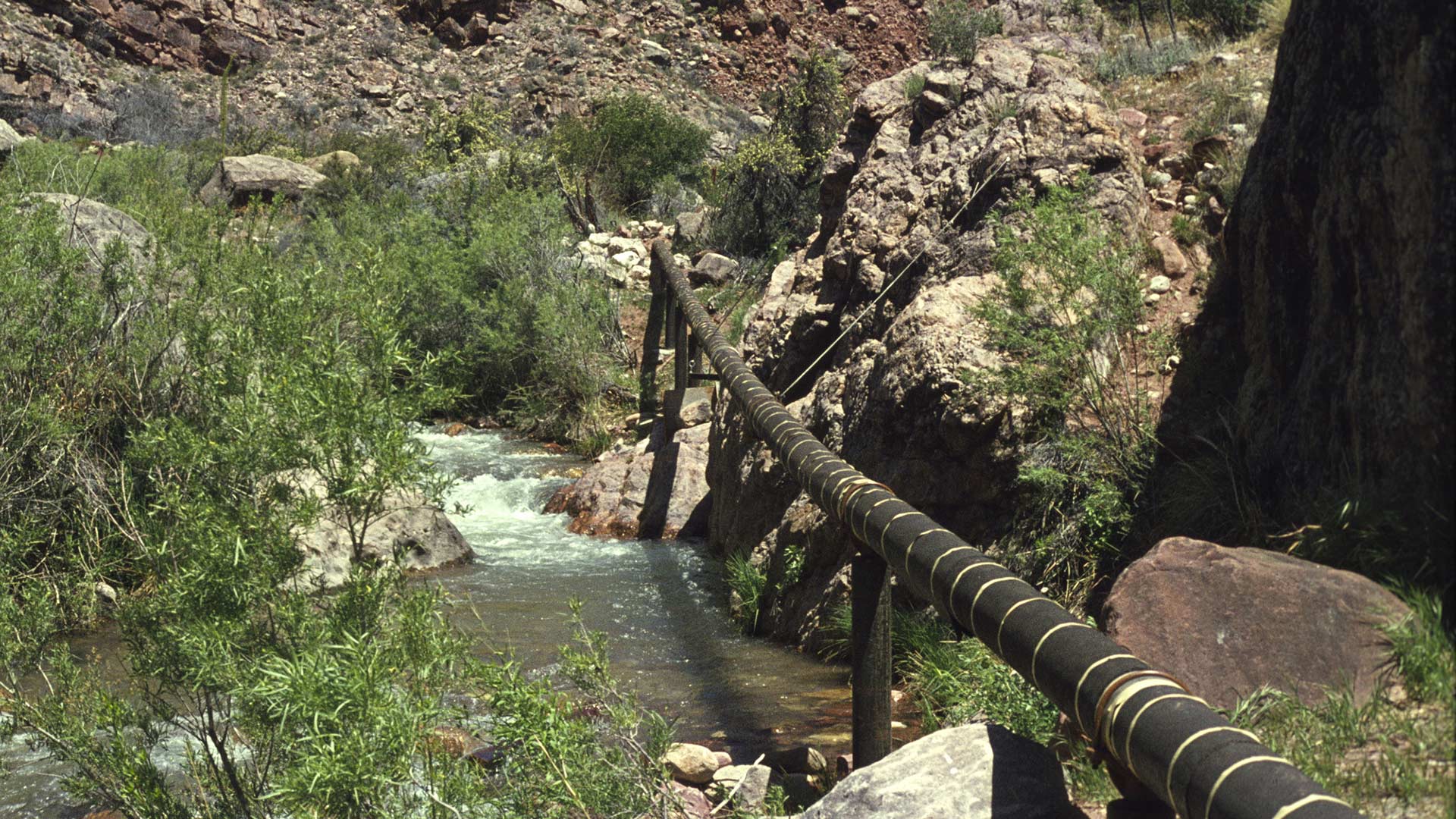 A January 2018 press release photo of the Grand Canyon's transcanyon pipeline.
A January 2018 press release photo of the Grand Canyon's transcanyon pipeline.
NPS
FLAGSTAFF — The National Park Service on Wednesday gave the green light to replace a critical transcanyon pipeline at the Grand Canyon.
The project will replace three miles of a waterline that has broken several times in recent years. It's estimated to cost between $80 million and $110 million. Also under the approved plan, Grand Canyon National Park will relocate the water intake and build treatment facilities and tanks to support the pipeline.
About 20,000 people daily rely on that water for drinking, cooking and firefighting.
The park service's acting regional director signed the environmental assessment to go ahead with the project.
The pipeline was built in the 1960s. The new waterline is intended to support the park for 50 years.
This story is from the Fronteras Desk, a collaboration of Southwestern public radio stations, including NPR 89.1. Read more from the Fronteras Desk.


By submitting your comments, you hereby give AZPM the right to post your comments and potentially use them in any other form of media operated by this institution.